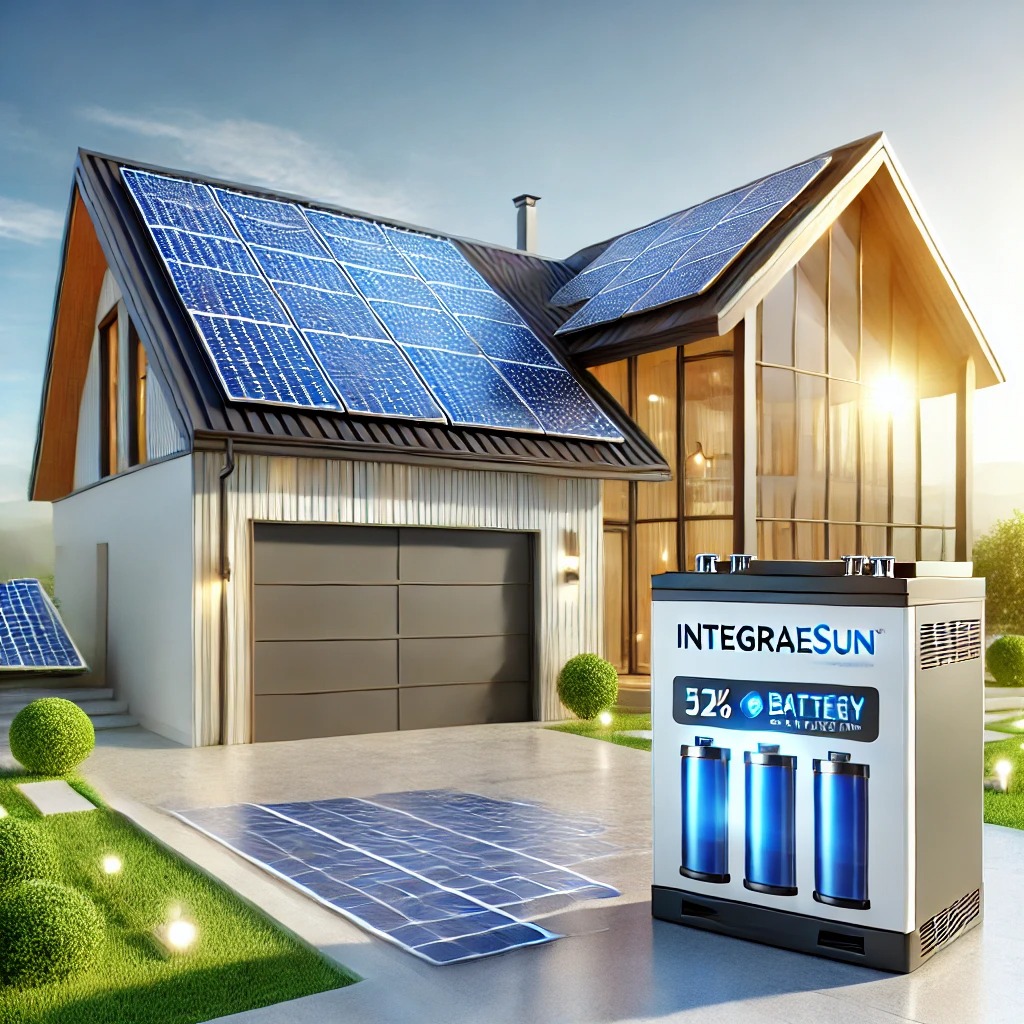Power outages seem to hit at the worst times—right when you’re relying on that important appliance or when freezing weather kicks in. For those who want backup power but aren’t ready to go solar, home battery backup systems provide a flexible solution. These energy storage systems can keep essential devices running and give you peace of mind during grid interruptions. But before jumping in, it’s essential to weigh the unique benefits and drawbacks of a battery setup without solar.
Pros of Home Battery Backup Without Solar
Even without solar panels, a home battery backup can bring valuable benefits, from boosting energy reliability to providing emergency power. Here’s why many homeowners are choosing battery backups even without a full solar system:
- Energy Independence and Reliability: With a battery backup, you’re less reliant on the grid, which can be especially reassuring during frequent outages or peak demand times. Instead of relying solely on utility companies, you control some of your own energy. This setup helps provide a buffer during blackouts, giving you the freedom to power essential devices independently.
- Flexibility in Energy Storage: Home battery backups let you store energy during low-cost, off-peak times and use it when rates are higher, helping reduce monthly utility bills. This flexibility can benefit households on time-of-use (TOU) rates. Batteries don’t just serve in emergencies; they’re a practical addition for managing daily energy needs and costs.
- Emergency Power Supply: When a storm hits or the grid goes down unexpectedly, a home battery backup can keep vital systems like heating, lighting, and security powered up. For families or anyone in areas prone to extreme weather, knowing that critical appliances will continue running provides a reassuring safety net.
Cons of Home Battery Backup Without Solar
While battery backups offer a lot of perks, they also come with a few notable downsides. Here’s what to keep in mind if you’re considering one without solar:
- Higher Initial Costs: Battery backups require a significant upfront investment, especially for systems with higher capacity. Without solar to offset costs, you’re solely responsible for both the purchase and installation. This can be a challenge, as quality battery storage systems can run into the thousands, depending on the size and storage capabilities needed.
- Limited Lifespan and Maintenance Needs: Unlike solar panels that often last over 25 years, battery backups typically need replacing every 10-15 years. Batteries can degrade over time, affecting their efficiency. You may also need periodic maintenance to ensure optimal performance, adding extra costs and responsibilities to maintain reliable energy storage.
- Dependency on the Grid for Charging: Without solar power to recharge your battery, you’re still tied to the grid for its energy supply. This means that during prolonged outages, the battery alone won’t provide endless power and must rely on grid electricity to recharge, limiting its long-term independence.
Key Considerations Before Investing in a Battery Backup System
Before committing to a home battery backup system, it’s essential to evaluate your energy needs, budget, and long-term goals. Think about your home’s typical energy usage and which devices or appliances you want powered during outages. Costs are significant, so factor in upfront prices, installation fees, and potential maintenance.
Also, consider how long you’d like the system to last—most batteries offer a 10- to 15-year lifespan. For those curious about adding solar in the future, consulting with experienced providers like IntegrateSun can help determine if a hybrid setup is the right fit. Finally, remember that without solar, you’ll rely on the grid for recharging, so be aware of utility rates and charging cycles to get the best value out of your system.
How to Choose the Right Battery Backup System for Your Home
Choosing the right battery backup can feel overwhelming, but focusing on a few essentials can help. First, figure out your top priorities—are you looking to power just the basics or keep larger appliances running too? Battery capacity (measured in kWh) and cycle life will tell you how much power you’ll get and how long it will last.
Research reputable brands with strong warranties, as they often deliver better performance over time. IntegrateSun can assist in evaluating your battery needs, while helping you explore future solar compatibility for expanded energy independence. Finally, check that the system is compatible with your home’s wiring to avoid surprises during installation. With the right choice, you’ll have a reliable backup ready for any outage.
Is Home Battery Backup Without Solar Right for You?
A home battery backup without solar can be a great solution if your main goal is reliable backup power without a full solar commitment. While it won’t offer the full energy independence of a solar-charged system, a standalone battery still brings flexibility and peace of mind during outages or peak utility times. Working with experienced providers like IntegrateSun can help you assess if a future solar addition is right for you, giving you flexibility to build toward greater energy independence. Just remember to weigh the initial costs, maintenance, and dependency on grid power for recharging.
FAQs
Can I use a battery backup without solar?
Yes, a battery backup system can operate independently to provide power during outages.
How long does a battery backup last?*
Most battery backups last 10–15 years, depending on usage and maintenance.
Will my battery recharge during an outage without solar?
No, without solar, the battery depends on grid power to recharge once the grid is restored.

